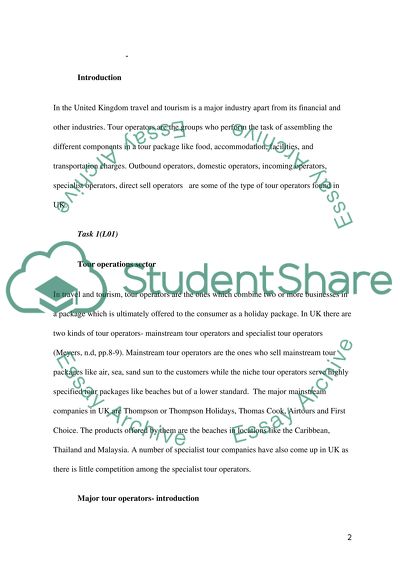Cite this document
(“Tourism Operations Management Essay Example | Topics and Well Written Essays - 3750 words”, n.d.)
Retrieved from https://studentshare.org/tourism/1399597-tourism-operations-management
Retrieved from https://studentshare.org/tourism/1399597-tourism-operations-management
(Tourism Operations Management Essay Example | Topics and Well Written Essays - 3750 Words)
https://studentshare.org/tourism/1399597-tourism-operations-management.
https://studentshare.org/tourism/1399597-tourism-operations-management.
“Tourism Operations Management Essay Example | Topics and Well Written Essays - 3750 Words”, n.d. https://studentshare.org/tourism/1399597-tourism-operations-management.


